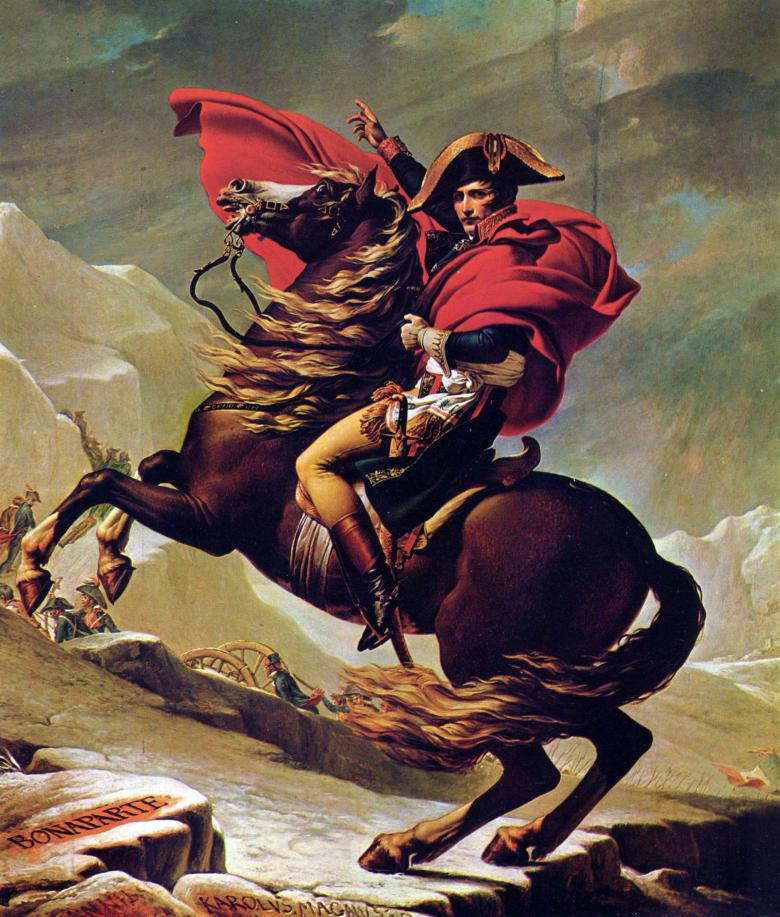
OT2ØØGBN - Journal of the Waterloo Campaign
 Journal of the Waterloo Campaign
Journal of the Waterloo CampaignTo commemorate the crossing of the river Dender from Schendelbeke to Onkerzele and the inspection of troops in Onkerzele, the UBA (Belgian Amateur Radio Society) section Geraardsbergen (Grammont) will deploy a special event shortwave amateur radio station at the location where the inspection of troops was held in 1815. The call sign used will be OT2ØØGBN.
On Friday, May 29th, 2015 the special event station will be operating in Morse code on Shortwave 3-28MHz from Schendelbeke.
On Saturday, May 30th, 2015 there will be Voice operations on shortwave 3-28MHz from the town of Onkerzele, from the same location where the inspection of troops took place (now part of ‘De Gavers’ recreation area).
The special event operation is a token of appreciation of the Belgian amateur radio operators for the British and their support in liberating Belgium of French rule in 1815. Captain Alexander Cavalié Mercer preparing the victory over Napoleon at Waterloo from the city of Geraardsbergen.
On May 29 1815, over 6,000 British cavalry gathered for an inspection of troops in preparation for the battle of Waterloo in the meadows beside the river Dender in the Belgian town of Onkerzele, now part of the city of Geraardsbergen (Grammont).
Several historical figures, including the Duke of Wellington, Prince Blücher, Lord Uxbridge and the Duke of Berry, Sir Rowland Hill, Sir George Wood and Alexander Cavalié Mercer commander of a Royal Horse Artillery troop attended the event. At that time, the Foot Guards and Sir Rowland Hill were stationed in the town of Geraardsbergen (Grammont).
Thanks to his cannons Captain Mercer managed to withstand three charges of the French cavalry at the Battle of Waterloo. Against the orders of Wellington, Captain Mercer’s courageous actions at Waterloo proved to be the cornerstone of the final victory over Napoleon and his French army. Captain Alexander Cavalié Mercer, later promoted to General, was born in 1783 in Kingston-upon-Hull Yorkshire, died in 1868 in Cowley, Devon.


